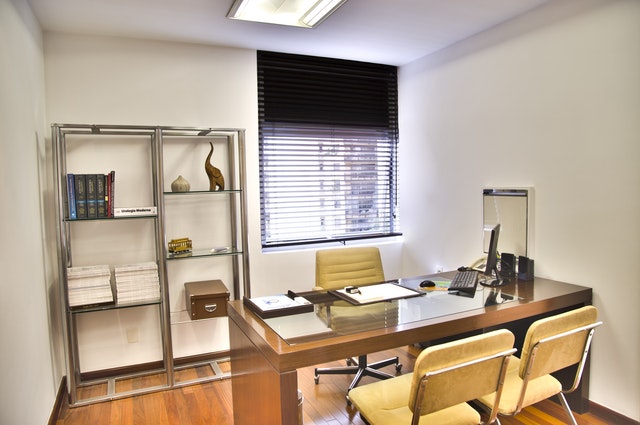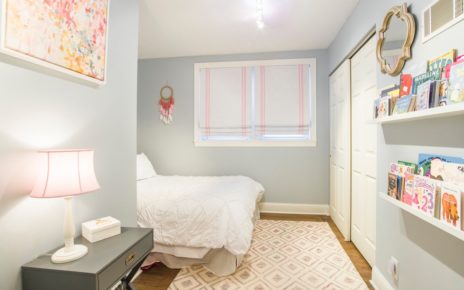There are many different types of air conditioners available today; for starters, you can now find a portable air conditioner. These units come with features such as timers, exhaust, and ventilation. Some units even have a warranty of up to two years. Read on to learn more about why you should buy an air conditioner. Here are a few things to consider:
Considerations
There are many things to consider when buying an air conditioner. Whether you’re shopping for a new home cooling system for your home or a new AC to replace an old one, it’s important to choose one that will provide you with comfort and the right amount of cooling. The price of an air conditioner should be taken into account, as well as the features it offers. Many air conditioners come with timers and ventilation, as well as exhaust. You should also consider whether the unit comes with a warranty.
The Energy Efficiency Ratio (EER) is an important factor to consider. The higher the EER, the more energy-efficient the system. According to the U.S. Department of Energy, room air conditioners should have an EER of at least 10.0. Friedrich window air conditioners are known for their high EERs and Energy Star-qualified operation. Depending on your preferences, you can choose an air conditioner with a higher EER, but it may be more expensive than a basic model.
While cost is an important factor to consider when purchasing an air conditioner, you shouldn’t sacrifice quality for the price. It’s not always necessary to get a top-of-the-line model. If you’re living in your current home and plan to stay in it for a long time, a ducted system may be unnecessary. If you plan to move house soon, it’s also not worth it to get a ducted system.
Energy Efficiency

When choosing an air conditioning unit, make sure to check its energy efficiency. It should be the right size for the room it’s cooling. Otherwise, it will waste energy cooling the room while running at full capacity for long periods of time. It may also fail to reach the ideal indoor temperature. To avoid this issue, you should opt for an Energy Star model. Using this certification ensures maximum energy efficiency. Read on to learn more.
The first thing to look for is the energy efficiency rating. Look for the EER or SEER rating on room and central air conditioners. Look for the ENERGY STAR label on these products, as it indicates that it has met stringent energy efficiency standards. Although they’re more expensive, they’ll pay for themselves over time. In addition to its higher efficiency rating, Energy Star air conditioners usually come with an energy-saving mode that turns off the compressor when the room temperature reaches a certain level.
The SEER rating, or Seasonal Energy Efficiency Ratio, measures how efficient an air conditioning system is over an entire cooling season. The rating is calculated by dividing the cooling output by the energy consumed. For example, an air conditioner with a SEER of 14.5 will cost you roughly half as much as one with an SEER of 22.0. While the SEER rating is important for energy efficiency, many other factors play a role in selecting an air conditioner with the highest SEER.
Size
Choosing the correct size of air conditioning unit is crucial for energy efficiency. A properly sized air conditioner will gradually cool a room without wasting energy. Moreover, a properly sized air conditioning unit will last longer and consume less energy than an oversized unit. When buying an air conditioner, it is important to check its BTU rating. One BTU is equal to the amount of heat required to raise one pound of water to its maximum density by one degree Fahrenheit.
The size of the air conditioners should match the cooling load of the home. Too large an air conditioner will fail to cool a room effectively. Similarly, a smaller air conditioner will run continuously, wasting energy and increasing the cost of running the air conditioner. The size of an air conditioning unit is measured in tons. One ton equals 12,000 BTU, so a 2-ton unit will cool a space of twenty-four square feet. The larger models will cool a space of three thousand square feet.
The first step in determining the size of an air conditioning unit is to determine the square footage of a room. To calculate the square footage, multiply the length and width of the room. If the room shape is complex, you can divide the space into rectangles. Once you know how much square footage your space is, you can then proceed to choose the proper size of an air conditioning unit. If you are looking for a room air conditioner, the BTU rating of your room will be around 6,000.
Noise Level
Whether you live in an apartment or a big home, you’ve probably noticed that some air conditioners are incredibly noisy. While noise is a natural part of AC usage, you can reduce noise levels with certain measures. One way to reduce noise is to invest in a better-insulated unit. A noise-reduction kit may be a good investment, as it allows you to make adjustments that minimize the sound of your air conditioner.
While it’s impossible to test-drive an air conditioning unit before buying it, you can still check its noise level. You’ll find the noise level of each unit’s compressor in the product specifications. Most air conditioners have a dB value for exterior noise, which will vary based on their age. Window units are typically the loudest. Noise level specifications will vary depending on the construction of the air conditioner.
While older models can make up to 40 decibels of noise, today’s air conditioning units are much quieter. Some only make fan noise. You should always look for an air conditioner with a noise level lower than 50 decibels. It’s best to choose an air conditioner with a low decibel rating so that you can use it in a quiet environment. In the case of portable air conditioners, you can choose one that is whisper quiet.
Options in Airflow
There are many things to look for when buying a new air conditioner. There is more than one way to adjust airflow, so make sure that you choose one that can provide the best cooling for your needs. The first thing to consider is how much cooling you need since you might be spending more money than you think. Also, make sure that the airflow and swing settings can be adjusted to minimize noise and improve comfort levels.
Cost
The cost of buying an air conditioner in a residential home can range from $4,350 to $12,095, depending on the size of the system, labor, and permit fees. This cost range includes a wide range of models, sized for homes with smaller space or limited space, and different levels of sophistication. In this article, we’ll cover more precise ranges for entry-level, mid-range, and high-end models. You’ll find helpful information below to help you make a costly decision.
The average cost of a goodman air conditioner is between $1,590 and $4,080. Goodman is considered a budget brand and makes several budget models. These units are available at most places, and some people choose to install the AC themselves. However, if you’re installing a portable air conditioning system, you can opt to hire an HVAC installer to do the work for you. The high cost of installation is not always justified by the additional equipment and overhead.
The cost of buying air conditioners depends on several factors, including the size of the unit and the brand of the AC. Goodman makes some of the most inexpensive units, while other brands offer more sophisticated models with features more features. Popular brands like Goodman will have higher average costs, so it’s important to shop around. This is especially important during the hot season when air conditioners can sell out quickly. It is important to find a high-quality model with the best warranty and make sure to read customer reviews and ratings before making a decision.




